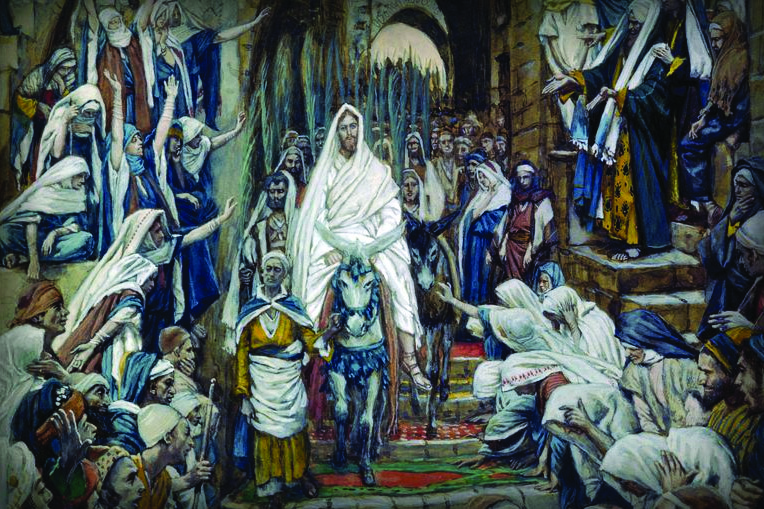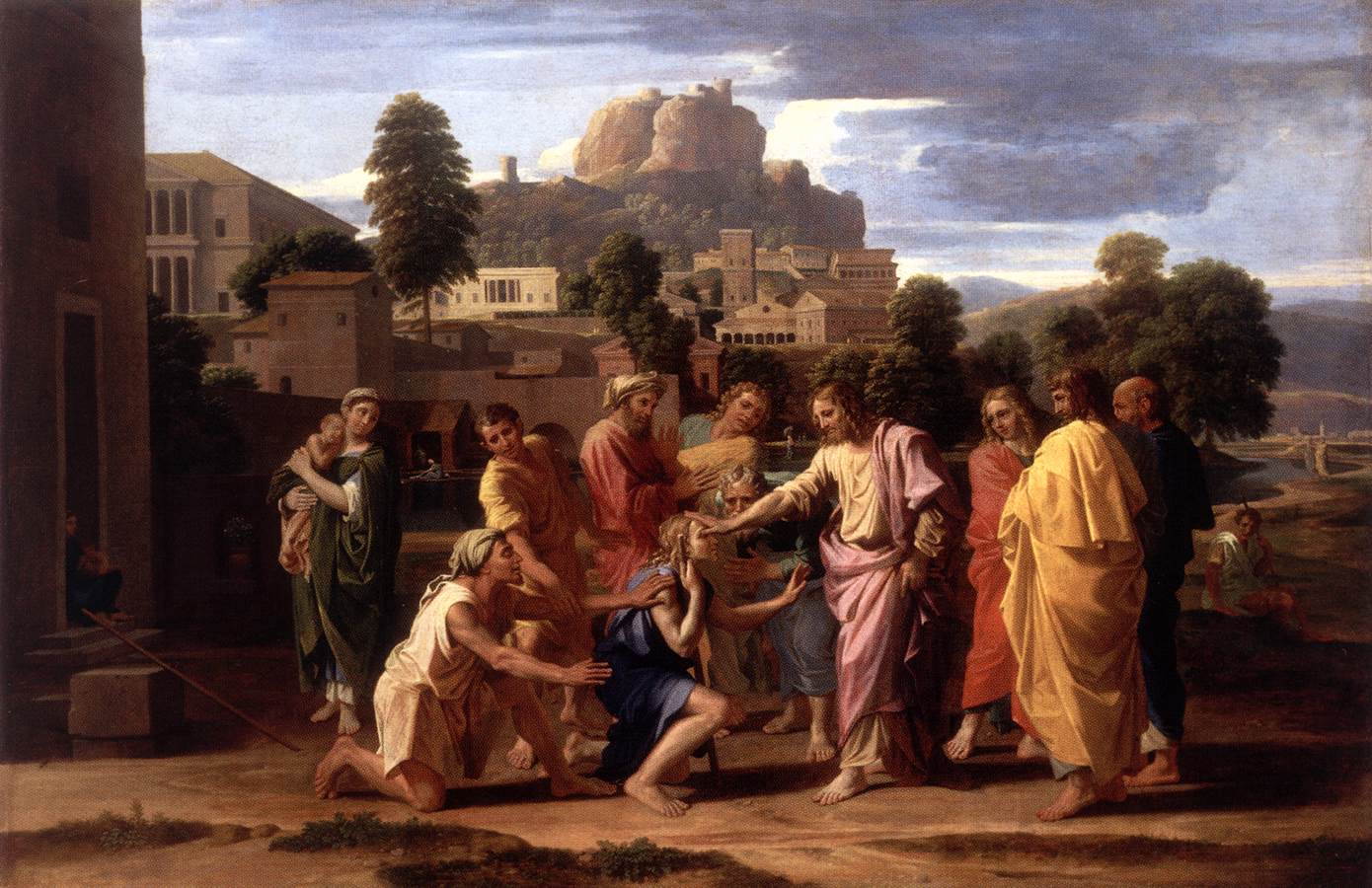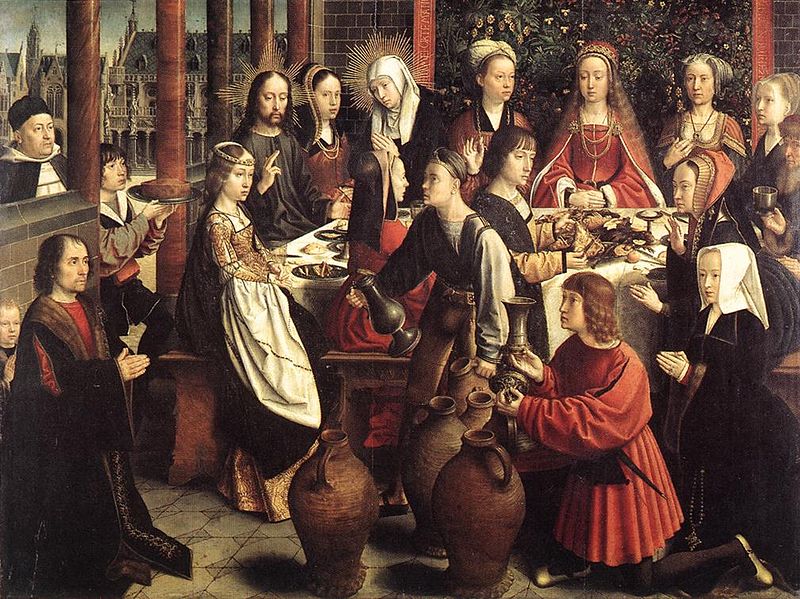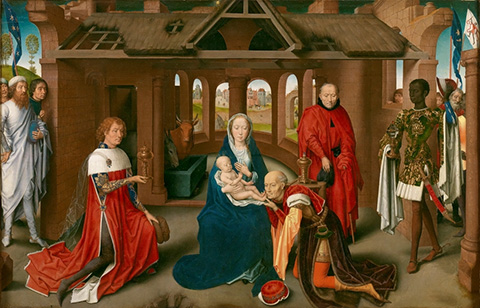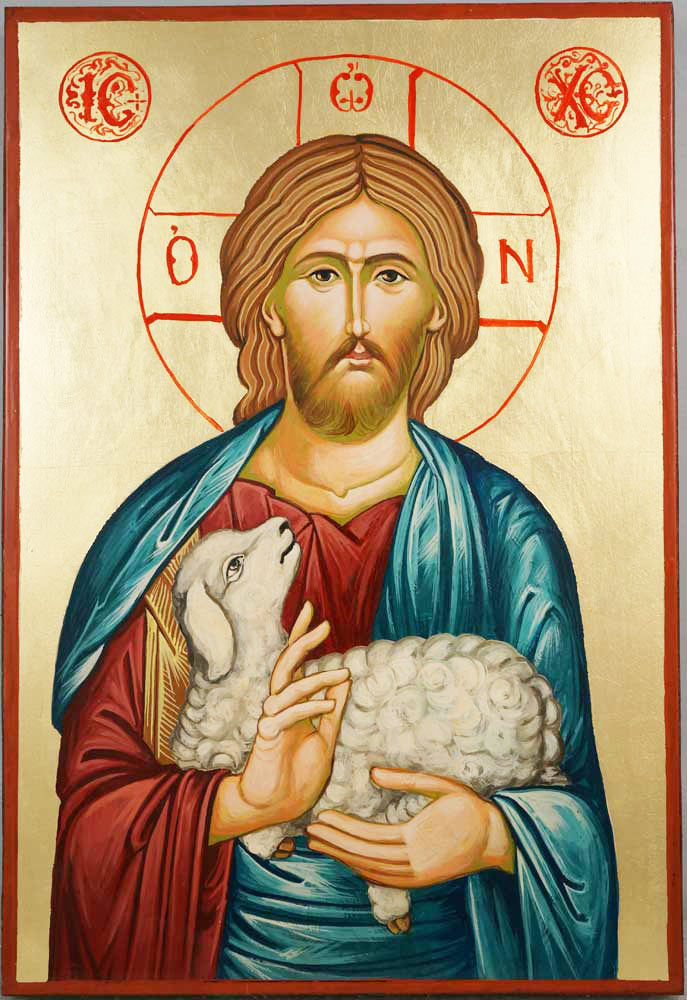 The Second Sunday after Easter, or Good Shepherd Sunday, will be celebrated in a High Mass in the traditional Latin form at St. Stanislaus Church in New Haven on Sunday, May 5, at 2:00 pm. The celebrant will be the Reverend Jan Pikulski.
The Second Sunday after Easter, or Good Shepherd Sunday, will be celebrated in a High Mass in the traditional Latin form at St. Stanislaus Church in New Haven on Sunday, May 5, at 2:00 pm. The celebrant will be the Reverend Jan Pikulski.
The Liturgy of the Second Sunday after Easter calls on the newly baptized to cling to Christ as the Shepherd of their souls. It is suitable, then, to keep a Good Shepherd Sunday, a fortnight after the Easter baptisms, with the beautiful parable from the Gospel and the Epistle in which St. Peter reminds us what it cost Jesus to bring us, the erring sheep, back to the sheepfold of salvation and to become the Shepherd of our souls.
As St. Peter, chief pastor of the Church by the will of Christ, wrote those word of this Epistle reading, he was mindful of the greatness and responsibilities of his office; so well did he understand them that, following his divine Master he gave his life for his sheep. We should remind ourselves that the ministry of the priesthood is for the faithful the incarnation and ever prolonged action of Him who remains always the one Shepherd of the Church and Savior of our souls.
Music for the service, sung by the Schola Cantorum of The Saint Gregory Society, will include the Gregorian Mass Ordinary for Eastertide (Vatican Edition I: “Lux et origo,” motets by Guillaume Dufay and Claudio Monteverdi, and the proper Gregorian chants.

